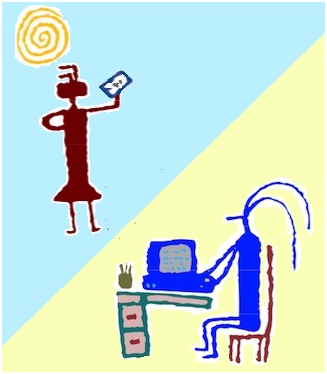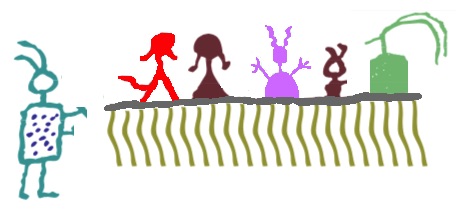I get a version of this message regularly from an IT or corporate person:
With today’s technology, it seems to me that it should be easier for both volunteers and nonprofits to find appropriate matches online.
Sigh. The problem is not DATA. It’s not a data issue. It’s not a tech issue. It’s not a software issue. The issue is that the vast majority of nonprofits, and staff charged with recruiting and involving volunteers, have no training in how to do so, and they start with volunteer recruitment when, in fact, that’s the LAST step.
Nonprofits, NGOs, community groups and other initiatives that want to involve volunteers – or that do currently – need to have training in:
- How to create appropriate tasks and roles for volunteers.
- How to create a variety of tasks and roles (short-term, long-term, for highly skilled, for low-skilled, for high responsibility roles, for micro/episodic volunteering, etc.)
- How to create accessible tasks and roles (that welcome refugees, that welcome people with disabilities, etc.)
- What screening is required for different roles in order for volunteering to be safe and in order for appropriate volunteers to be screened in and inappropriate volunteers to be screened out.
- What support volunteers need in their roles.
That’s all of the many things that are needed BEFORE RECRUITMENT HAPPENS. And such training is getting harder and harder to find, instead of easier. And that doesn’t even get into all the other training that’s needed, like how to evaluate and report the effectiveness of volunteer engagement. Or other things that are needed, like policies and procedures, particularly around safety, and software to track volunteers time and impact, to schedule volunteers, etc. – most nonprofits can’t afford such (in fact, they can’t even afford the time to explore such).
Why is all that lacking? Because there’s no funding for it. Corporations and foundations refuse to fund “overhead”. That means they won’t fund training, they won’t fund the purchase of books or subscriptions to sites like Engage.
I could go on and on. And I do. And I have, many times, as the “also see” links below show. And I’ll keep doing it until funders, particularly, techie companies, “get it” – and are ready to pony up the funds needed to increase the number of people engaged in volunteering and to improve the engagement of volunteers.
Also see:
- Please, No More Volunteer-Matching Web Sites.
- What funding volunteer engagement looks like.
- Volunteer engagement could help address negativity that rose in recent years..
- Make volunteering transformative, not about # of hours.
- Corporate employees are often not successful at virtual volunteering. Why?
- Hey, corporations: time to put your money where your mouth is re: nonprofits & innovation.
- Corporations: here’s what nonprofits really need.



